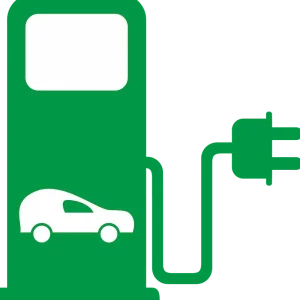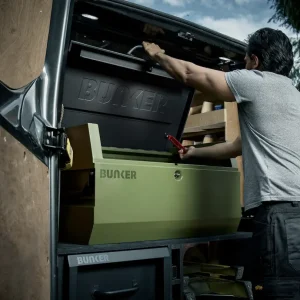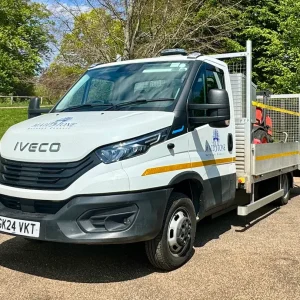Hybrid technology rather than the widespread adoption of electric motors will be the preferred way for operators to cut CO2 and NOX, according to the SMMT’s CV boss Nigel Base, who told the Van Excellence Conference in April that legislation to control harmful emissions is the main driver for the new technologies entering light commercial vehicles.
Base is sceptical about the economic viability of electric vans in the short term – arguing that the batteries are too heavy, thus reducing payload capacity, and too expensive to make sense for most van operators. He added that battery densities were not yet high enough to deliver the required performance.
Base admitted that in the long term electrically-driven vehicles would become dominant but claimed such a time was “decades away”.
“Hybrids are the way to go and better, more efficient diesel engines,” Base said, although he acknowledged that frugal petrol engines, such as Ford’s 1.0-litre Ecoboost, which it has fitted into certain Transit Connect and the forthcoming Courier city van, could also make a comeback in small vans.
Base pointed out that 20 years ago almost half of the vans in the UK were petrol-powered but that they had almost disappeared as customers increasingly moved to heavier vans of between 2.5 and 3.5-tonnes.
He said there were “huge issues” to overcome with hydrogen fuel cells due to the extraction costs far out weighing the potential savings and concluded: “The internal combustion engine will be with us as the prime source [of fuel] for the forseable future.”
Base also predicted manufacturers would increasingly use automatic transmissions in LCVs because the systems had proven to cut fuel consumption by 5% in HGVs.





